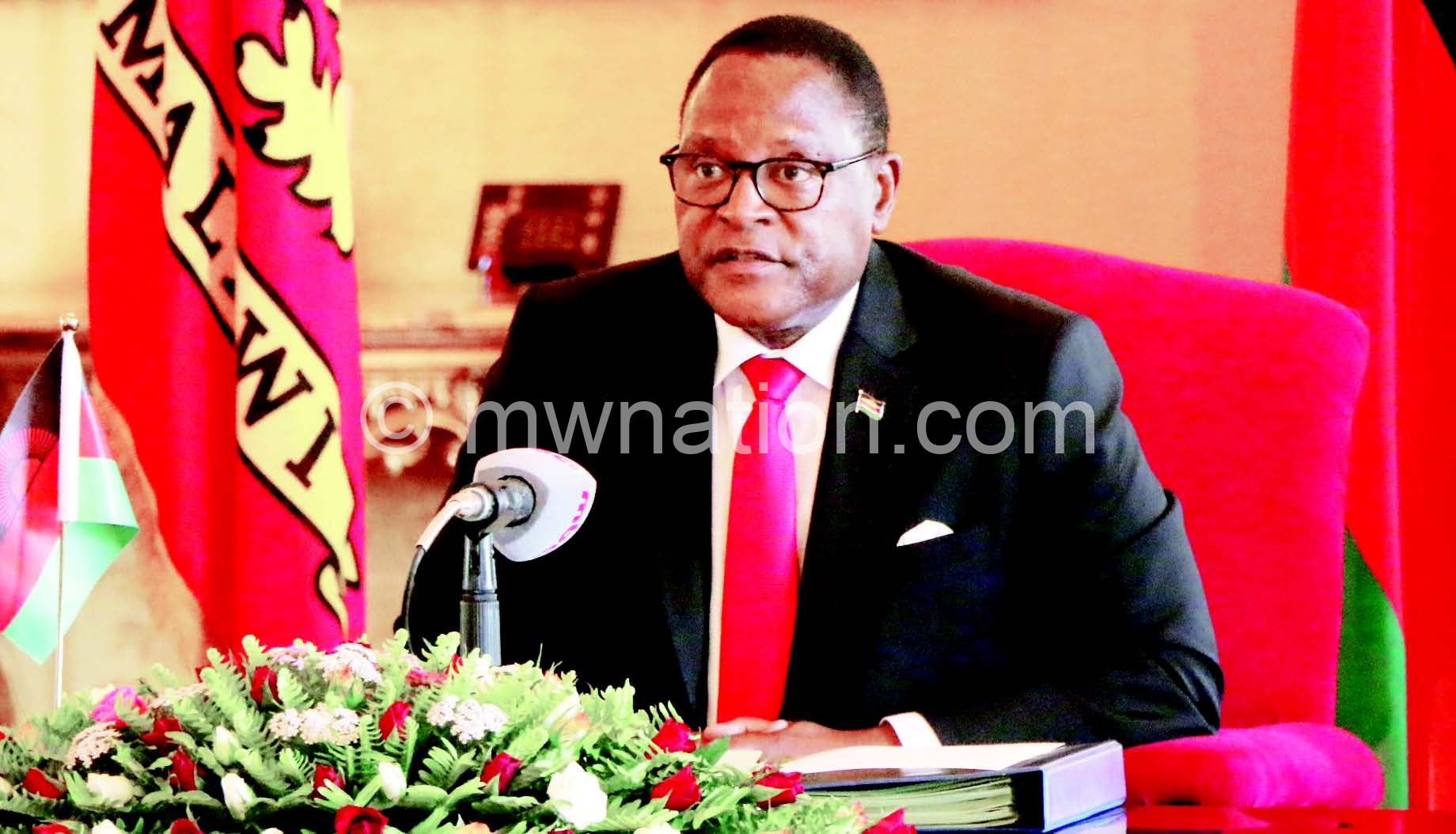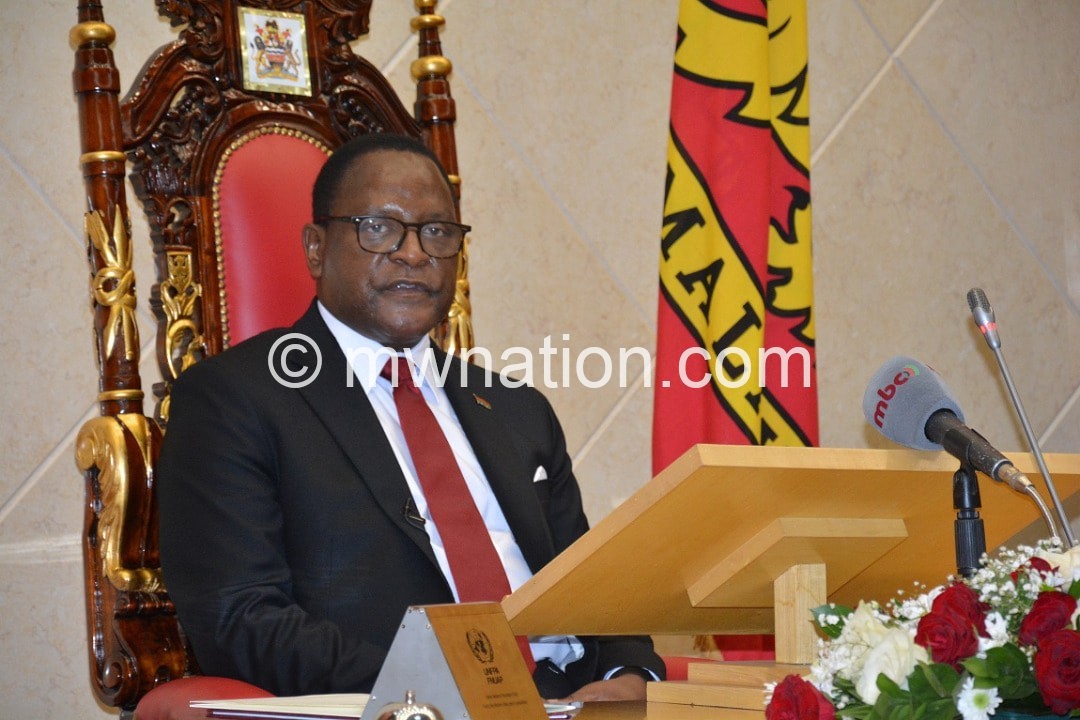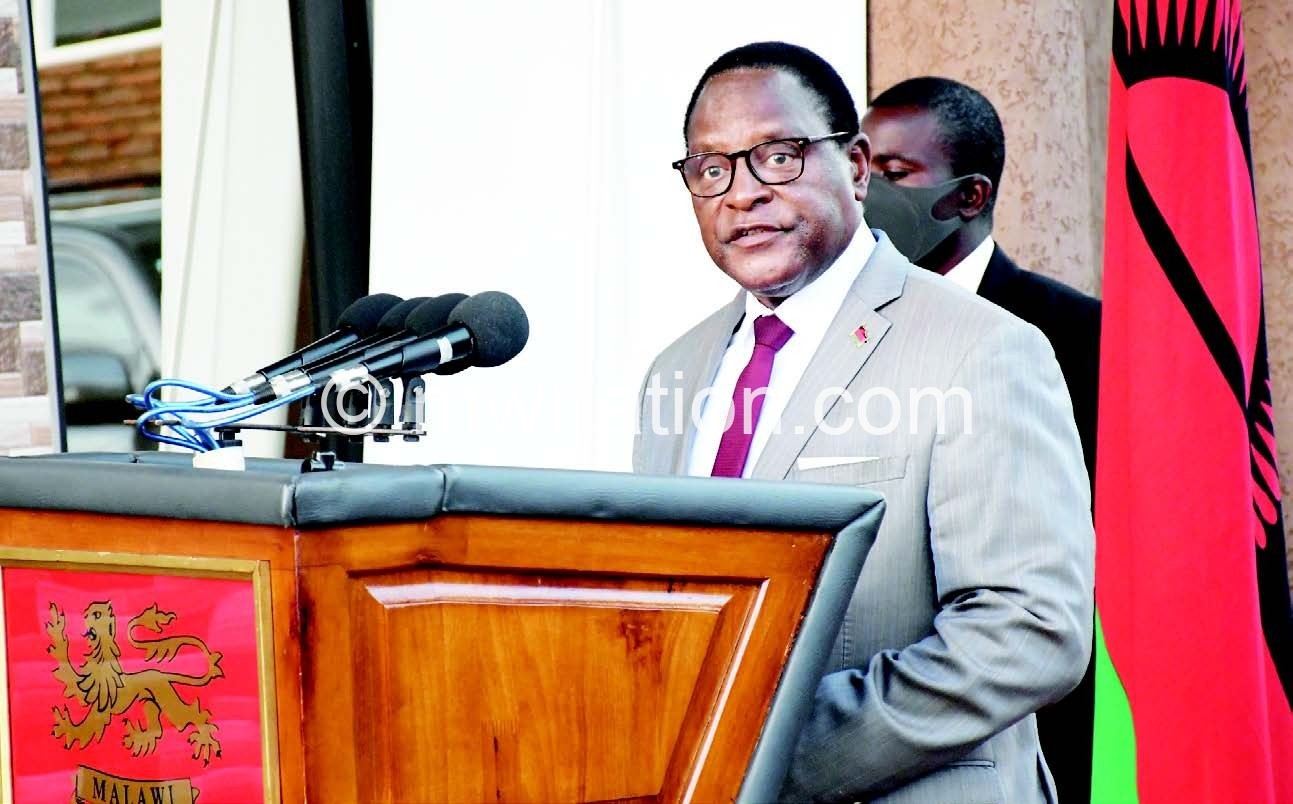Challenges remain in natural resources governance
We on the streets this week have lent our ears to our brothers on the continent. We are told that Africa has been slow to convert its natural resources endowments to tangible development outcomes because of weaknesses in governance.
These sentiments are not new. We vividly recall how Malawi’s natural resources in the form of ‘high grade’ uranium were abused. Today, we are left to leak our wounds after Kayelekera deal went bust. Our President in fact conceded two weeks ago that the deal was indeed a bad one. As I write, Malawians are guarding empty pits at Kayelekera. The worth is all gone.
What happened at Kayelekera is common on the continent.
According to the fifth edition of the African Governance Report published by the UN Economic Commission for Africa (ECA) launched during the ECA Conference of Ministers in Addis Ababa (Ethiopia) from May 11 to 15 argues that the good governance of natural resources in Africa requires institutions that have both the proper mandate and capacity to manage resources efficiently.
What the report is trying to say is that government such as Malawi also needs to have capabilities to formulate, implement and enforce sound policies and regulations.
Abdalla Hamdok, ECA deputy executive secretary and chief economist believes that although natural resources had become a central activity on the continent, but there remains ‘serious challenges’ to achieving sustainable and inclusive growth with value-added outputs.
He thinks that good governance is therefore key to enabling resource-rich countries to effectively transform their economies.
What worries him is the fact that ‘Africa is very rich in minerals but has very little value addition to them, leading to less revenue generated by countries from natural resources.’
He argues that countries need to critically think on the importance of value addition for their exports if they want to benefit fully from it.
Hamdok and other mining experts on the continent do agree that ownership rights to natural resources is another major challenge to good resource governance.
Then we also have cases of some African countries that are dependent upon natural resources that are limited—that leads to building economies that has no ability to spread growth to other sectors and across the population.
In the words of Bience Gawanas, UN Secretary-General’s Special Adviser on Africa, the paradox for African countries is that they are rich in resources yet they are poor because only very few benefit from these resources.
“Resources should not just increase the gross domestic product [GDP] of our countries but improve the lives of our people.’
Thank God that Malawi is moving in the right direction to bring some sanity in the mining sector. According to Ministry of Mining and Energy, strides have been made to amend the outdated Mining Act. Some mining licences were cancelled and will be renegotiated.
Last year we also heard that government intends to scale up consultations with various stakeholders in the extractive sector as a way of consolidating gains attained in the Extractive Industry Transparency Initiative (EITI) process, which culminated in the launch of Malawi’s maiden EITI Report. All these efforts are commendable.
But illicit financial flows and corruption surely erode all these gains. Direct exploitation of natural resources by those in power—especially the Democratic Progressive Party crooks—only benefits the few.
That’s why; we on the streets urge those in government to read this report. It has good recommendations, among which is the requirement for the strengthening of institutional and regulatory frameworks to enhance transparency and accountability in economic governance.





